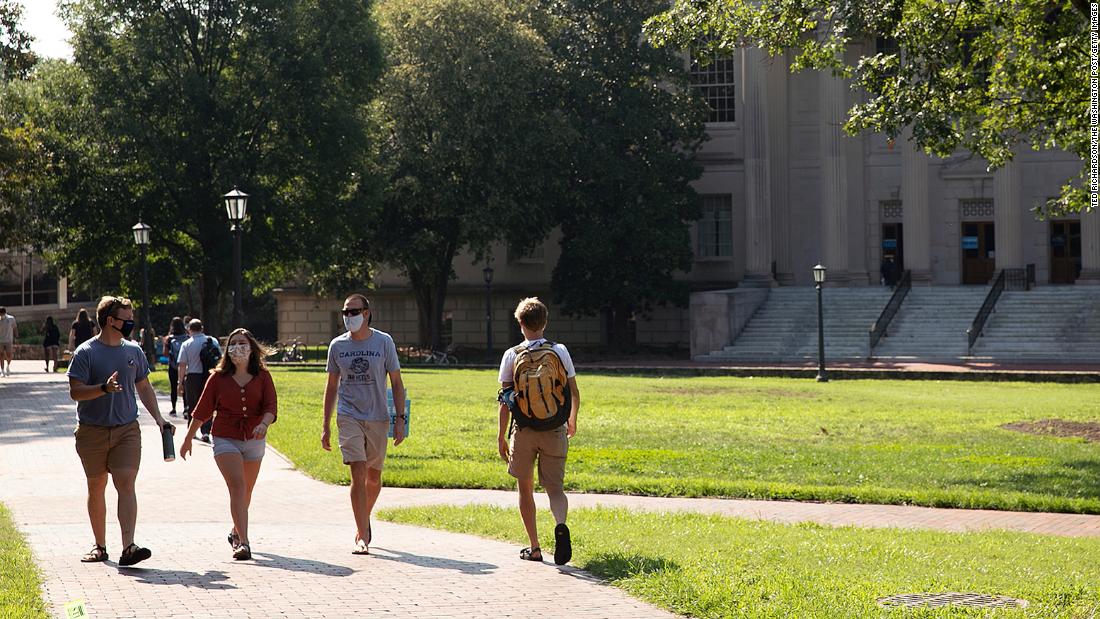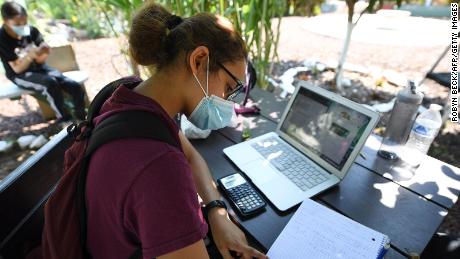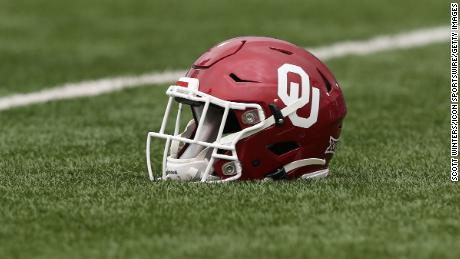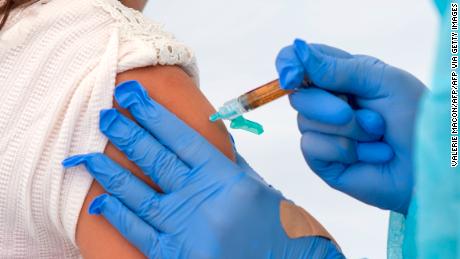As students head back to campus, US colleges try to prevent and combat Covid-19 cases
“Are colleges safe in general to open up right now? I would say probably not,” said Dr. James Phillips, a physician and assistant professor at George Washington University Hospital. “When we look at high schools, there’s a much more controlled environment there for the students and the teachers.”
In universities, where young groups of people gain access to a newfound freedom, Phillips said, “there are so many other variables that go in that are going to make it incredibly difficult to keep the virus out of the classrooms and out of those living spaces.”
“If you can’t or won’t commit to this new way of doing things, then you shouldn’t be here. It’s as simple as that.”
Universities report Covid-19 cases
Multiple campuses have already reported new cases.
“Part of what we look at to make decisions about campus operations are our ability to isolate and quarantine residential students as well as keeping up with contact tracing,” Plowman said.
“The student is in good condition and will remain in isolation during recovery,” President Thomas White wrote in a letter, according to the affiliate. “The students who may have been exposed are in quarantine, monitoring for symptoms.”
The president said the student was the first and only case on campus.
FDA gives green light to saliva-based test
Meanwhile, the US Food and Drug Administration announced it granted emergency use authorization to a coronavirus diagnostic test that uses a new and inexpensive method of detecting the virus through saliva samples.
With the newly authorized test, saliva is self-collected, under the observation of a health care worker, in a sterile container without the use of a specific swab or collection device. That test can yield results in less than three hours, researchers said, and up to 92 samples can be tested at once.
As for the cost: researchers said they expect labs to charge about $10 per sample.
The NBA was among the groups that funded research for the test and currently uses the method to test asymptomatic people for the virus.
CNN’s Kay Jones and Lauren Mascarenhas contributed to this report.
![]()








